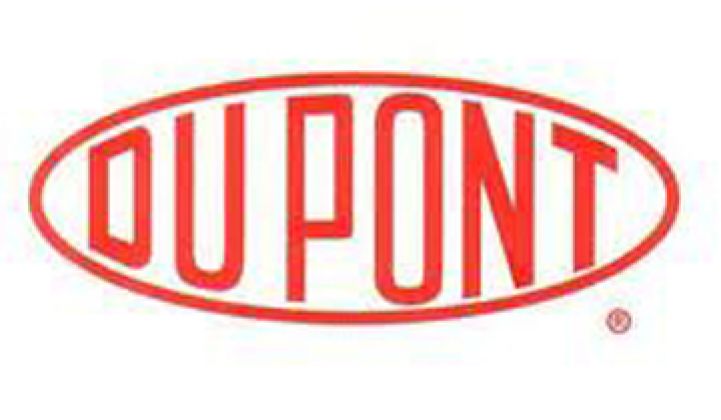DuPont has purchased Innovalight, a startup that found success after switching business models.
Innovalight makes a silicon ink. When added to crystalline silicon solar panels, it can boost efficiency by 1 percent to 2 percent at a relatively low cost. Three percent is on the horizon. Back in 2008, the company planned to make solar modules, but it could not raise the $50 million to build a small production facility. As a result, it switched to being an intellectual property company.
Since then, the firm has signed deals with JA Solar, Yingli, Motech and others. Most of its customers are in Asia, with the majority in China.
Innovalight also tweaked the conventional intellectual property business model. The company technically sells silicon ink powders to its customers as well as collecting royalties under an intellectual property license. The unusual structure solves two problems. First, customers feel they are getting something for their money. They aren't just paying for an abstract right; they are obtaining powder. Conversely, having a sales contract and an IP license gives Innovalight more legal leverage, the company's general counsel told me earlier this year at a conference. (Editor's note: We suspected something was up at Intersolar two weeks ago when Innovalight execs canceled all speaking appearances, but our gut feeling was that they might file for an IPO.)
The deal underscores the ongoing shopping spree among multinational conglomerates in greentech. Simply put, conglomerates have worldwide reach and established relationships with customers. Startups have novel technologies. Hence, companies that are more than 100 years old are busy buying companies founded less than seven years ago. Getting bought by a so-called Green Giant is the quickest path to liquidity and big accounts these days.
Electricity equipment makers ABB and Schneider Electric have collectively purchased more than 10 companies in recent months for billions of dollars. Last year, DuPont purchased industrial enzyme maker Danisco for $6.3 billion. Danisco not only already makes a green rubber for tires, it also produces a large number of additives for food. The chemical giant is also a large provider of sealants, backsheets, encapsulants and other materials to the solar industry. DuPont says it garnered $1 billion in revenue from solar in 2010 and wants to double that figure by 2014.
The company additionally is a general partner with BP in Butamax Advanced Biofuels, which is currently embroiled in a lawsuit with Gevo. (DuPont also has a French heritage and French outfits like Schneider, Total, Areva, Veolia and Saint-Gobain have been at the forefront of the shopping spree. However, DuPont was founded in the U.S. in 1802.)
This acquisition also highlights one of the more unusual trends taking place, namely, the interest among Asian manufacturers for American intellectual property. Although companies often complain about intellectual property protection in China and other parts of Asia, Asian conglomerates have seemingly been more actively interested in U.S. know-how than their Western counterparts. Innovalight does not have U.S. customers, for instance. Pinnacle Engines, which has created an energy-efficient gas engine that it will license, landed its first deal with an Asian manufacturer. EcoMotors, another engine maker that hopes to license its technology, is seeking its first customers in Asia.



